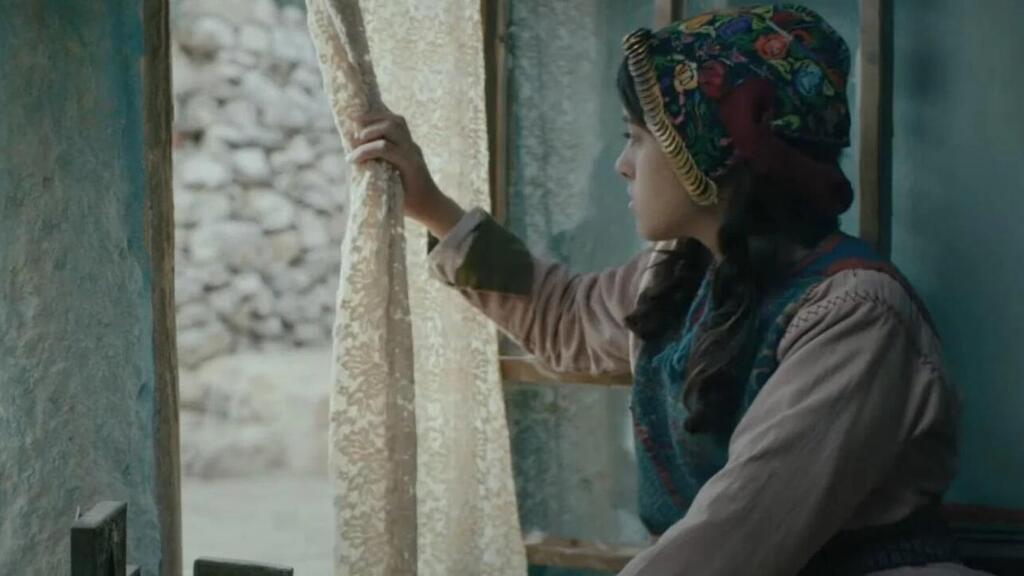Getting your Trinity Audio player ready...
One of the scenes in the American action film "The Patriot," taking place during the American Revolutionary War, depicts a horrible scene in which British soldiers capture U.S. women and children inside of a church and set it on fire – despite historians agreeing that no such event ever took place during that time.
Released in 2000 and starring Mel Gibson as a daring American commander fighting the British forces, no one remembers British audiences rioting against the movie's historical inaccuracies. The film became a blockbuster in the U.S., Israel, and even the UK.
The Patriot is a foolish and bland movie, much like its recent copycat - the Jordanian-produced "Farha" – a film about a Palestinian teen taking place in 1948 during the Nakba, also known as the Palestinian Catastrophe.
As a movie critic, I don't want to want to waste much time talking about it: what begins as a mundane coming-of-age story of a Palestinian girl ends in a scene where IDF soldiers execute her entire family and leave an infant to die.
The movie's other "sins" include the portrayal of an Israeli soldier, who has a terrible accent and seems to have come from the future, wearing today's Border Police uniform in 1948. Another one would be the overly large nose of an Israeli officer, taken straight from Jewish caricatures published in the 20th century.
The purposefully ambiguous "inspired by true events" (which the producer admitted was a story she heard from her mother, who in turn heard it from a Palestinian refugee in Syria) – also offers a leeway to manipulate the events in the film.
Given that many grave and controversial events took place during Israel's Independence War, adding the murder of the baby to the story to vilify the antagonists even further is what Gibson would call a "well-made film plot." The same was done in other Hollywood films to Russians, Indians, and Arabs.
The Israeli aversion to the film is understandable, seeing as 1948 is much more recent than 1776. But, we could also consider asking all the outraged people who didn’t actually watch the movie and the politicians who wasted no time jumping on the controversy bandwagon: So what?
Have we run out of Israeli-made films to slander that we have moved on to international ones? Asking Netflix, which has been streaming the film since December 1, to ban the movie is not a good strategy. Out of the 220 million members of the streaming service, only one million are Israelis, I don't think the boycott movement will achieve much.
Our propensity to censor "controversial" films is made clear in this case, when Israel attempts to censor a foreign movie that has already been released.
Up until Israel began making the fuss over the film, it had not garnered much attention. But, now it's the talk of the town - something I'm sure its Jordanian director is pleased with.
The attempt to stop funding to the Jaffa-based Al Saraya theater after it dared to screen the film, also won't harm Farha's producer or Netflix, but it may cause other nonconforming cultural institutions in Israel to be closed down.
The only ones being hurt by this are the Israelis, who as a result, are not exposed to open dialogue with the other side, which harms their ability to understand fully the region they live in.
This may be the only way in which Farha was truly damaging to Israel. Not by slandering its past, but by making its modern democracy weaker by the power of its own people.




